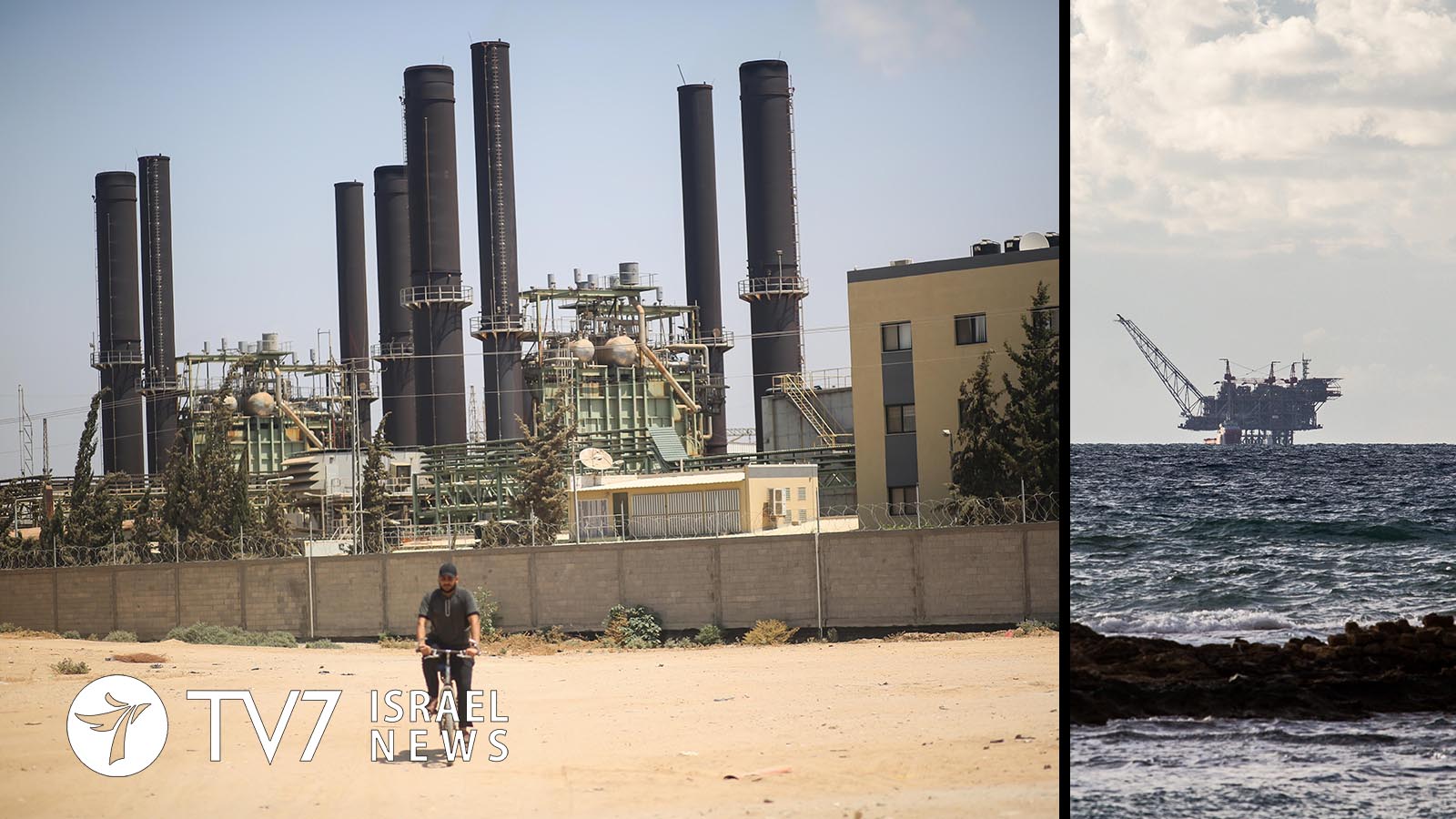Frequent power shortages experienced in the Gaza Strip may soon be rendered to the past, if a project on a gas line to the Palestinian enclave in which Israel is a key member comes to fruition.
According to three officials with knowledge of the process cited by Reuters, talks on the initiative that would cross political barriers and deliver reliable energy to the impoverished territory have moved from the abstract to the concrete in recent weeks.
Israeli, Palestinian, Qatari and European interests have converged with the aim of getting gas flowing to Gaza by 2023. The plan envisages the flow of natural gas from Israel’s offshore Leviathan reserves operated by Chevron in the eastern Mediterranean through an existing pipeline in the Jewish State on to Gaza via a proposed new extension.
The deal has yet to be finalized, but the officials say the Israeli side of the planned pipeline would be funded by Qatar and the section in Gaza paid for by the European Union, to provide a steady energy source to the Gaza Strip.
“We are talking about Gaza having 24 hours of electricity, providing a basis for major economic growth and a contributor to peace and stability,” said the Director of Energy for the Quartet, Ariel Ezrahi.
The Middle East Quartet is a group working to resolve the Israel-Palestinians conflict, consisting of representatives from the United States, United Nations, European Union and Russia.
Ezrahi, who chairs the Gas for Gaza task force funded by the government of the Netherlands since 2015, described the recent progress as constituting “a real breakthrough.”
The EU has already committed an initial €5 million of the around €20 million euros needed to fund the Gaza portion of the pipeline, which will stretch some 4 kilometers.
Qatar’s Envoy to the Gaza Strip Mohammed Al-Emadi told Gaza-based news agency SAWA that Doha is willing to cover the cost of the Israeli segment, expected to be around 45 km in length at an estimated price of €70 million euros.
Israel’s Leviathan field is already exporting gas to neighboring Jordan. It is also supplying gas to Egypt, whose Energy Minister visited Jerusalem this past week in efforts to expand the bilateral partnership.
Chevron stated that it is looking “forward to supporting Israel’s strategy to develop its energy resources for the benefit of the country and the region” but declined to elaborate “on matters of a commercial nature.” Its main Israeli partner in Leviathan, Delek Drilling, declined to comment.
Gaza is home to around two million Palestinians, who live in a 360 sq. km coastal territory situated between Egypt’s Sinai peninsula and Tel Aviv. It has been subject to a tight blockade by both Jerusalem and Cairo since the Islamist Hamas terror group seized control of the Strip in an internecine Palestinian war with its Fatah rivals in 2007.
Hamas and Fatah, the latter of which is the dominant force in the western-backed Palestinian Authority led by President Mahmoud Abbas, have accused the other of responsibility for the deteriorating power crisis.
There is currently only one power station in the impoverished territory that produces electricity for around 12 hours a day on diesel, which is an expensive and polluting fuel. The proposed pipeline would generate as much as four times that capacity, adding what the Quartet believes would be more than $1 billion to the Palestinian gross domestic product.
Palestine Electric Company (PEC) Vice Chairman Walid Salman expressed hope that an agreement could be reached in weeks, facilitating a 60% drop in electricity costs and the doubling of generation as high as 140 megawatts.
Israeli Energy Minister Yuval Steinitz said the project is being advanced “in full coordination with us.” This would include the defense establishment, as well as the state-owned Israel National Gas Lines – whose CEO said plans for a 24-inch pipeline capable of transporting “significant amounts of gas” are already prepared.
Palestinian officials say the PA will be handling the final talks with the Israeli gas company.
Now all sides are working on finalizing the deal as early as next month, so that the construction can get underway.
